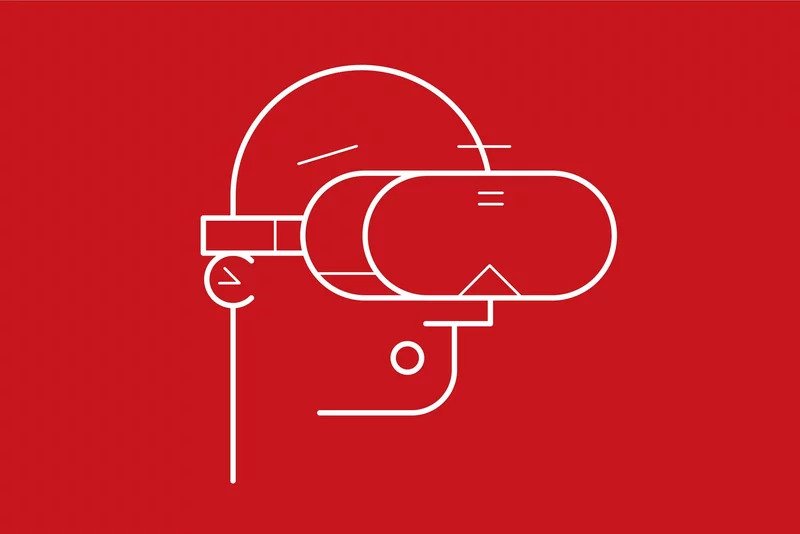
Technology has long moved the world along, changing the way we interact, do business, and conduct our lives. However, few technological transformations have been as far-reaching or as swift as the rise of smartphones.
Smartphones, of course, are not that old. The earliest smartphones were the “personal digital assistants” (or “PDAs”) of the 1990s. It wasn’t until the iPhone (2007) and the first Android phone (2008) that we saw devices that look similar to the ones we use today. That means everything that has happened in the world of smartphones has happened in the past ten years or so!
Was It Only Supposed To Be A Trend?

37 Things We Used to Do Before Phones Were Surgically Glued To Our Palms
Smartphones have caught on, to say the least. Smartphone use is very widespread. An incredible 77% of Americans now own a smartphone. Around 90% of those people are under 50 years old.
Smartphones are not just something that many of us like and have. They’re something that we need more as time passes, say people who run a number of AT&T stores (what do they know anyway). It’s hard to perform many basic professional and personal functions without a smartphone today. Everyone, from our employers to our banks and, in some cases, our romantic partners, expect us to have one! Businesses and public organizations often expect their customers and patrons to have smartphones, as well.
Perhaps that’s one of the most remarkable transformations we’ve seen. As with the internet itself, smartphones have transformed themselves from a luxury into a near-necessity. That has remarkable implications for our society, and for public policy. Years ago, it would have been silly to imagine smartphone plans as part of public benefit programs like welfare. However, what should our society do when the inability to afford a smartphone leads to serious disadvantage regarding getting work and earning money? Smartphones may be necessary for those hoping to climb out of poverty, some argue. Studies indeed show that many low-income individuals and families prioritize smartphones in a way that would have been unthinkable in prior years.
How They’ve Changed Us

The Generation That Doesn’t Remember Life Before Smartphones
If smartphones are important to making money, they’re even more important to spending it. You can imagine, of course, how important smartphones are to the economy in direct and obvious ways. They’re pricey devices many of us buy, they require big pricey contracts with cellular and data providers, and they offer us the chance to buy paid apps, shop for items online, and more. However, here, too, there are less visible changes that are surprising and far-reaching in the ways you mentioned in your question. Let’s talk about how smartphones help us spend money in the real world.
As you may know, the ability to be found online is very, very important for businesses. That’s true of e-commerce giants like Amazon, which is why you’ll find so many online ads for those big companies. However, it’s also true of smaller businesses. Years ago, it wasn’t all that important for a small business to have its own website. Now, of course, it is.
Smartphones are also bringing about further changes to how businesses handle their online presence. Smartphones put a new emphasis on location. Years ago, search engines like Google and its competitors served up more or less the same results, no matter where you were. However, smartphone users often want results tailored to where they are. Sure, a search for “brunch” may mean someone wants to know the definition of “brunch,” or read about its history. However, it is probable that the seeker is looking for a good place to grab a quick brunch. That’s especially possible if the person is searching on their smartphone as they walk out the door, rather than searching on their desktop or laptop computer.
The Future Of The Smartphone

Will Smartphones Ever Be Obsolete?
Google and other search engines have gotten better at catering to this need. In the case of the example above, Google will serve up a map of local brunch places and surface results for nearby spots. Google has its own database of customer reviews, plus its own social network. Since Google has improved these features, we’ve been doing more local searches. As many as 43% of Google searches have “local intent,” and an outright majority of Google searches–60%–are performed on mobile devices. Half of all customers who perform a local search visit an establishment within 24 hours! For local businesses, those are statistics that demand attention. A local business doesn’t have to do any business “online” to find things like registering with Google and developing good local search engine optimization (or “SEO,” which a term for making one’s web presence as search engine-friendly as possible) to be absolute necessities.
These are just a few examples, of course. If you spend some time researching the impact of smartphones yourself, you’ll find many more ways in which they’re changing the world and the way we do business. With any luck, you found that these examples were the kind of surprising and far-reaching facts in which you were interested! While smartphones have plenty of obvious consequences for the worlds of business, personal relationships, and public policy, it can be even more fascinating to see the ways in which they cause ripple effects in areas we might expect to be relatively free of smartphone-related concerns.
“My cell phone is my best friend. It’s my lifeline to the outside world.” – Carrie Underwood




